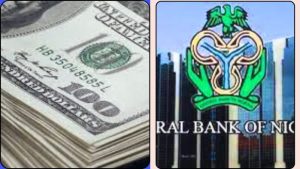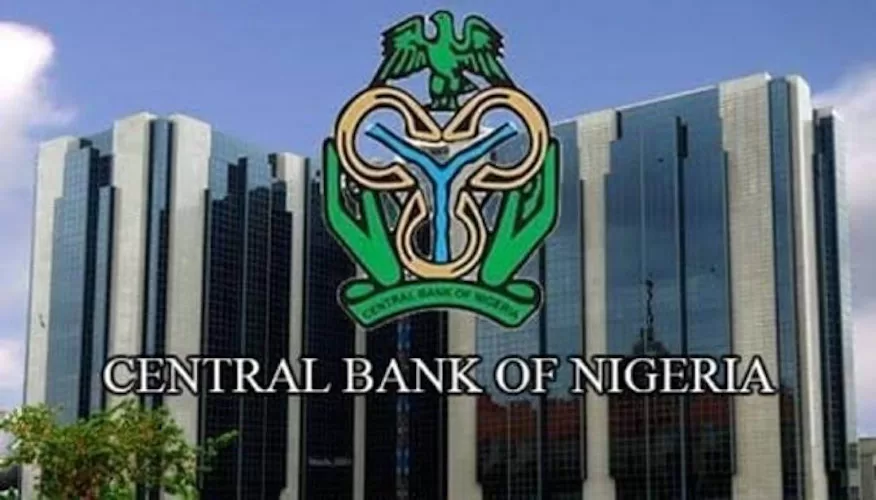You see, the Central Bank of Nigeria (CBN) could have adopted any other option to help naira regain its value.
However, the CBN is floating the market and selling the US dollar to Bureau De Change (BDC) operators.
With this policy, speculation has been eliminated.

Against the advice that selling FX to BDCs is unsustainable, the CBN on Tuesday sold the US dollar to BDCs at a discounted rate of ₦1,036.
Have You Read: Economist Kicks Against CBN Dollar Sale To BDCs At ₦1,021/$
In a chat with a financial analyst, Charles Fakrogha, he said the FX allocation is to help BDCs meet retail demand.
Fakrogha admitted that the discounted rate will allow BDCs to make some profit and remain in business.
This sale has been conducted between the apex bank and licensed BDCs across Nigeria. More importantly, it is a strategy to see the value of the naira rise again.
In April alone the apex bank sold FX to BDCs on two occasions. The first sale led to naira’s value rising both in the official and black markets.
You May Also Like: CBN Investigating Forex Fraud Under Emefiele
The naira, although recently praised as one of the best-performing currencies, fell to ₦1,234 from ₦1,169.
How BDCs Were Established
In 1989, there was a need to enlarge the scope of the Foreign Exchange Market, this was due to challenges around FX shortage.
Nigeria had experienced a short-lived boom as a result of exporting crude oil in exchange for foreign currency.
By 1982, demand for forex had increased but supply was low. This necessitated the creation of Bureaux de Change in 1989.
BDCs at that time were to deal in privately sourced foreign exchange.
As a result of volatility in rates, further reforms were introduced in the Foreign Exchange Market in 1994.
These included the formal pegging of the naira exchange rate and the centralisation of foreign exchange in the CBN.
Also, BDCs were restricted from buying foreign exchange as agents of the CBN.

